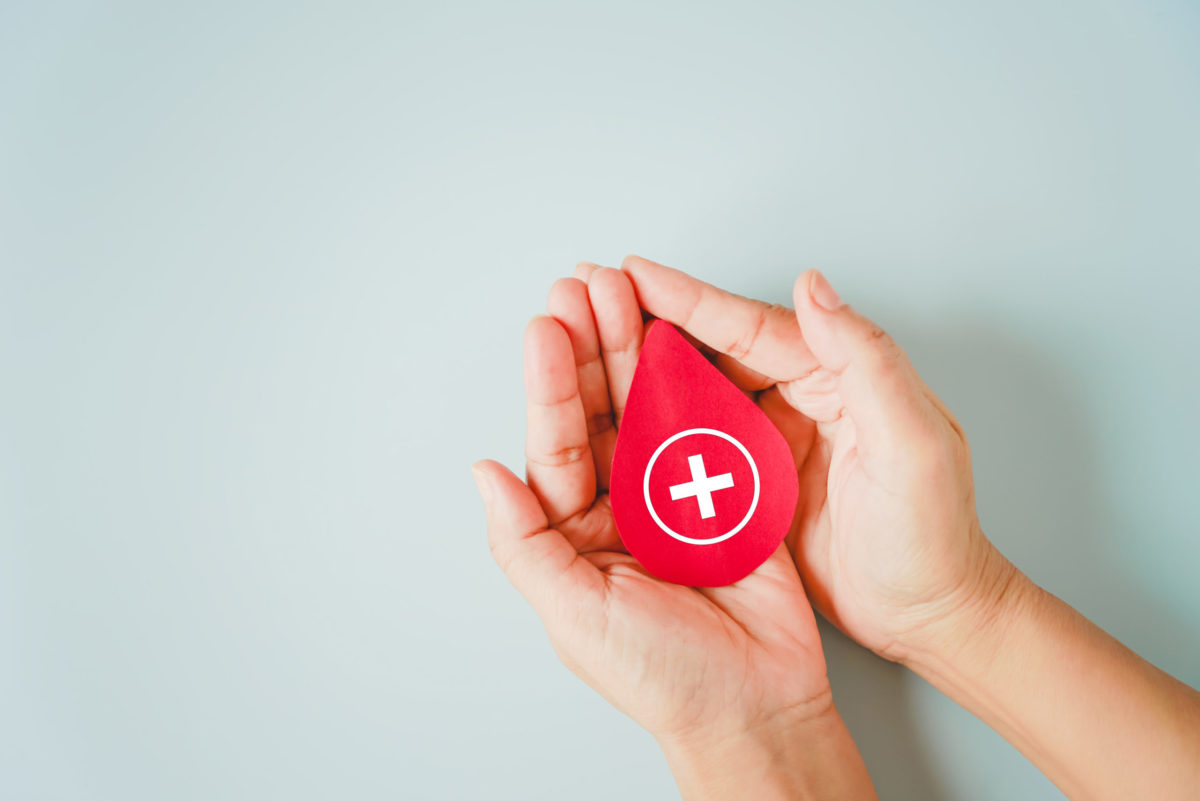You’ve probably heard that the U.S. is facing a blood shortage.
Earlier this year, the American Red Cross reported that they’re experiencing the worst blood shortage in more than a decade.
It’s happening across the nation and right here in Tennessee. During the past year, the Red Cross estimated that Tennessee was short roughly 2,700 pints of blood a month.
Why is there a blood shortage?
Blood is hard to come by because it:
- Can’t be manufactured
- Can’t be saved for long periods of time, and
- Is only available when donors decide to give it.
The pandemic played a big role in our current blood shortage, as did related blood-drive cancellations, staffing issues, weather-related closures and rescheduled surgeries. Some blood drives are still being canceled today due to staffing shortages.
What happens when there’s a blood shortage?
Healthcare providers don’t have enough blood to treat every patient who needs blood properly. The Red Cross estimates some hospitals haven’t received 25% of the blood products they need over the past year.
10 blood donation facts to know
1. To donate blood in Tennessee, you must be 17 years old.
You must also be in good health and weigh at least 110 pounds.
2. Blood centers aim to keep a week’s supply of blood on hand to meet community needs.
Right now, many only have one day.
3. “Whole blood” is the term for the blood that flows through your veins.
Whole blood is made up of:
- Cells floating in plasma (a liquid made of proteins and salts)
- Red blood cells, which carry oxygen
- White blood cells, which fight infection (antibodies) and
- Platelets, which help blood clot.
4. O-positive is the most common blood type. AB-negative is the rarest.
Positive and negative refer to the Rh factor, which is a protein your blood either has or doesn’t.
- If you don’t have the Rh factor, you have a negative blood type.
- If you do have the Rh factor, you have a positive blood type.
It’s much more common to have a positive blood type. Only about 16% of the population has a negative blood type.
5. Donors and recipients don’t always have to be an exact match.
It’s best when they are, but it’s not always necessary. In general, people with Type O-negative blood can donate to anyone. Type O-positive is not universally compatible to all types, but can be donated to any other positive types. People with Type AB blood can receive blood from anyone.
6. Every 2 seconds someone in the U.S. needs blood or platelets.
Since O-negative people are universal donors, hospitals request this blood most. However, only about 7% of the U.S. population has this blood type.
7. One unit of blood can help save up to 4 lives.
A unit of blood is approximately a pint, and the average blood transfusion uses about 3 units. However one unit can help save up to 4 lives if it’s separated into red blood cells, platelets and plasma.
8. The act of giving blood takes less than 10 minutes.
In total, a visit to donate blood at an American Red Cross site typically takes about an hour. If you donate platelets, red cells or plasma, it can take up to 2 hours.
9. Red blood cells have a shelf-life of 42 days.
Healthy donors can donate every 56 days, up to 6 times per year.
10. Only 1 in 10 people in the U.S. donates blood.
That’s out of 37% of the population that’s eligible to donate blood.
While Tennessee leads the nation in organ and tissue donation per capita, there’s always a need for more people to donate blood. Find out where to give blood.
Blood donation 101: who can donate, how it works and why it’s safe
Get more information about specific health terms, topics and conditions to better manage your health on bcbst.com. BlueCross BlueShield of Tennessee members can access wellness-related discounts on fitness products, gym memberships, healthy eating and more through Blue365®. BCBST members can also find tools and resources to help improve health and well-being by logging into BlueAccess and going to the Managing Your Health tab.





